Tyrants, oligarchs, and authoritarian regimes often use education systems as tools for indoctrination to shape the beliefs, values, and behaviors of the next generation. In essence, the culture.
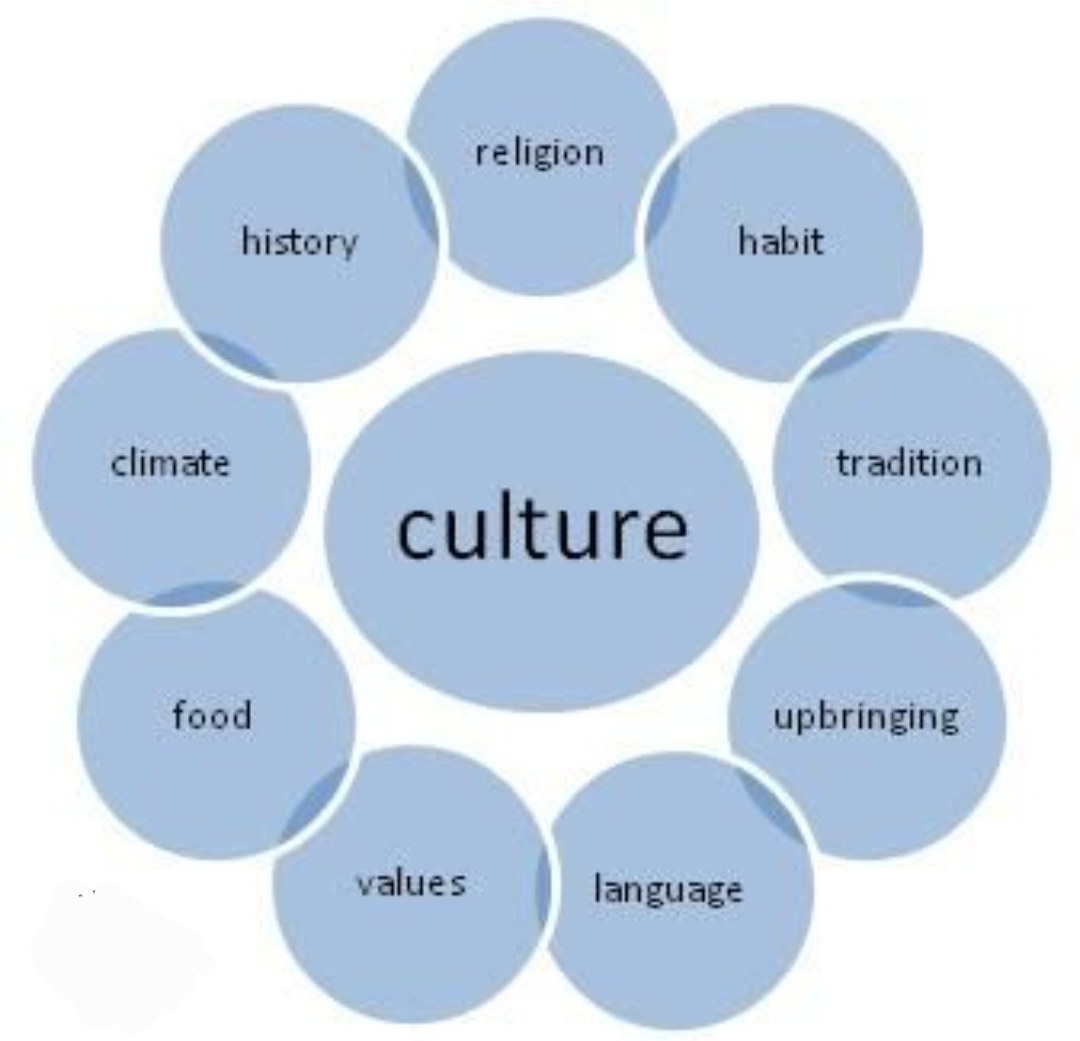
By controlling what is taught in schools, they can influence how young people perceive the world, their place in it, and their loyalty to the state or ruling party.
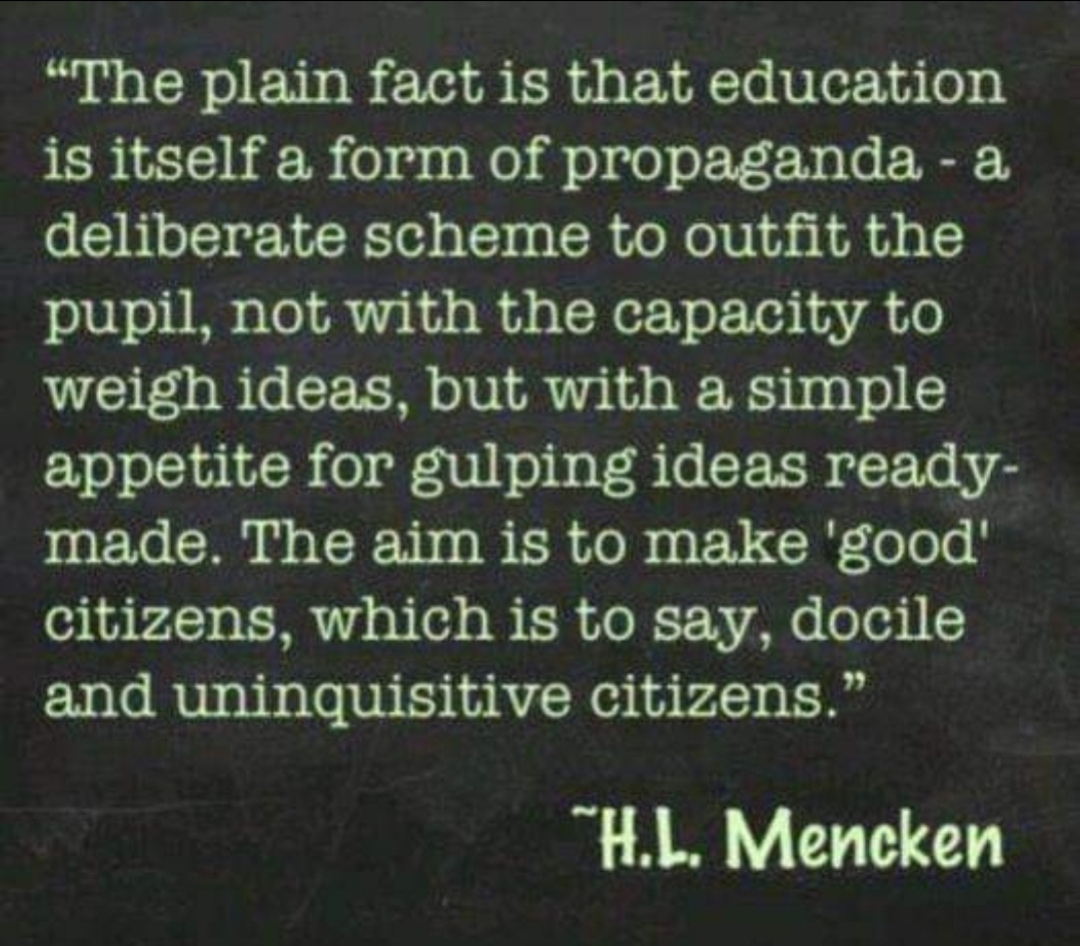
Here’s how this process typically unfolds:
1. Control of Curriculum:
- Propaganda in Textbooks: Education systems under tyrannical control often incorporate state propaganda directly into textbooks. This includes rewriting history to glorify the regime, demonize enemies, and erase or distort inconvenient facts. Students learn a version of history that supports the narrative the regime wants to promote.
- Censorship of Ideas: Topics and ideas that might encourage critical thinking, dissent, or awareness of alternative viewpoints are removed or severely restricted. This ensures that students are only exposed to information that aligns with the regime’s ideology.
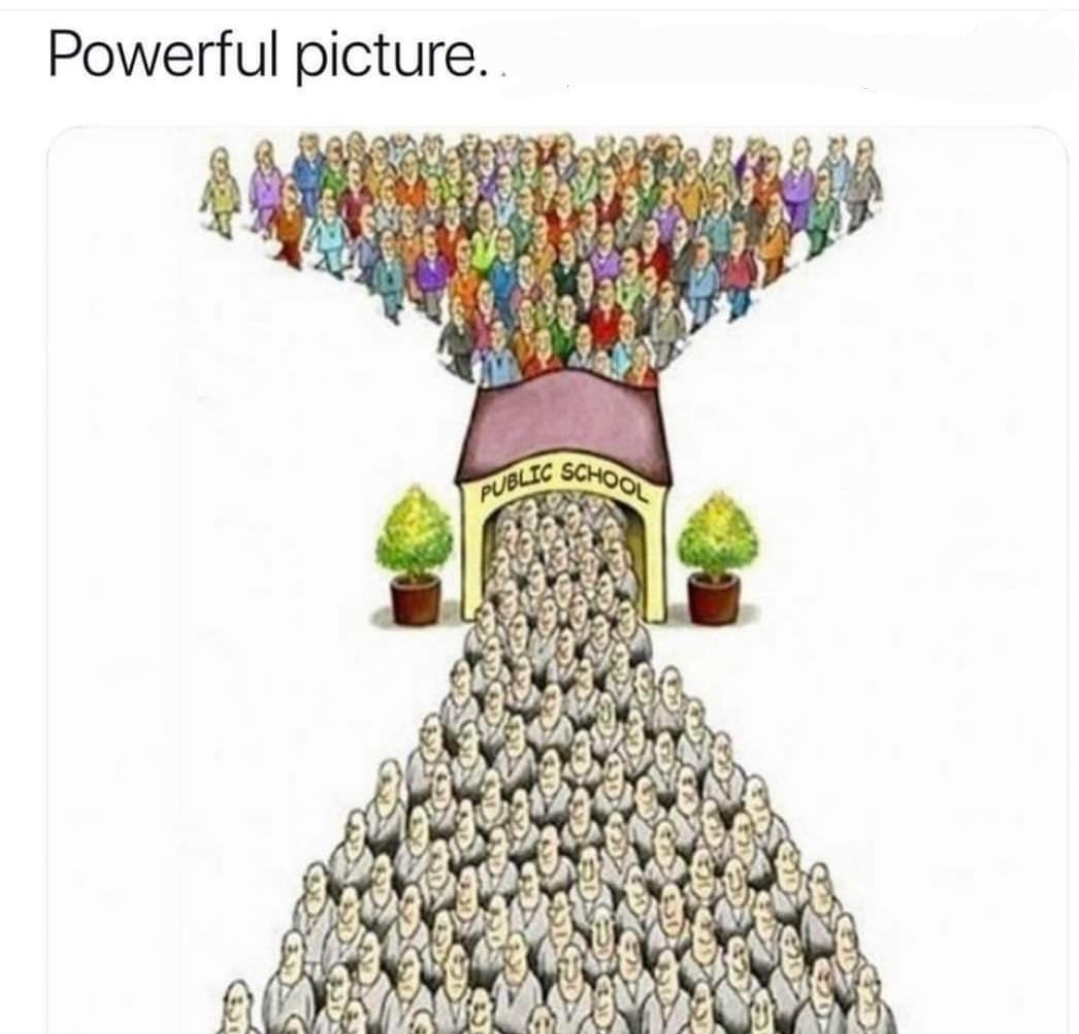
2. Promoting Ideological Conformity:
- State-Sanctioned Values: Schools may emphasize values that serve the interests of the regime, such as obedience to authority, nationalism, and loyalty to the state. This can include the promotion of a state religion, if it exists, or secular ideologies that align with the regime’s goals.
- Demonization of the “Other”: Education can be used to create a clear divide between the in-group (those loyal to the regime) and out-groups (those perceived as enemies or threats). This might include teaching children to view certain ethnic or religion groups, political opponents, or foreign nations as inferior, dangerous, or evil.
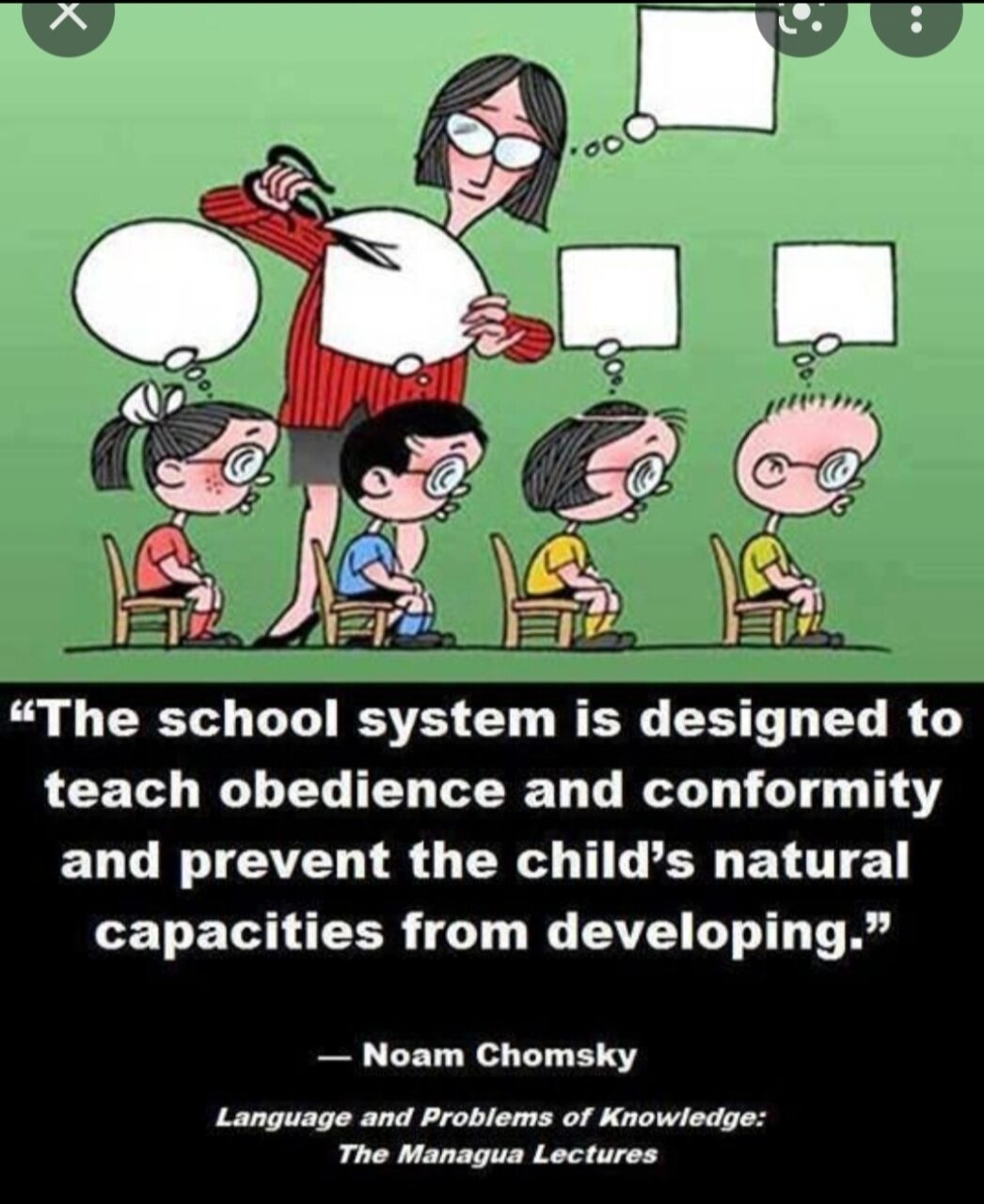
3. Suppressing Critical Thinking:
- Memorization Over Analysis: Authoritarian education systems often focus on rote memorization rather than critical thinking. Students are taught to accept information as given, without questioning its validity or exploring alternative perspectives.
- Discouraging Debate: Classrooms may be structured in a way that discourages debate or discussion of controversial topics. Students learn that questioning authority or established norms is unacceptable or even punishable.
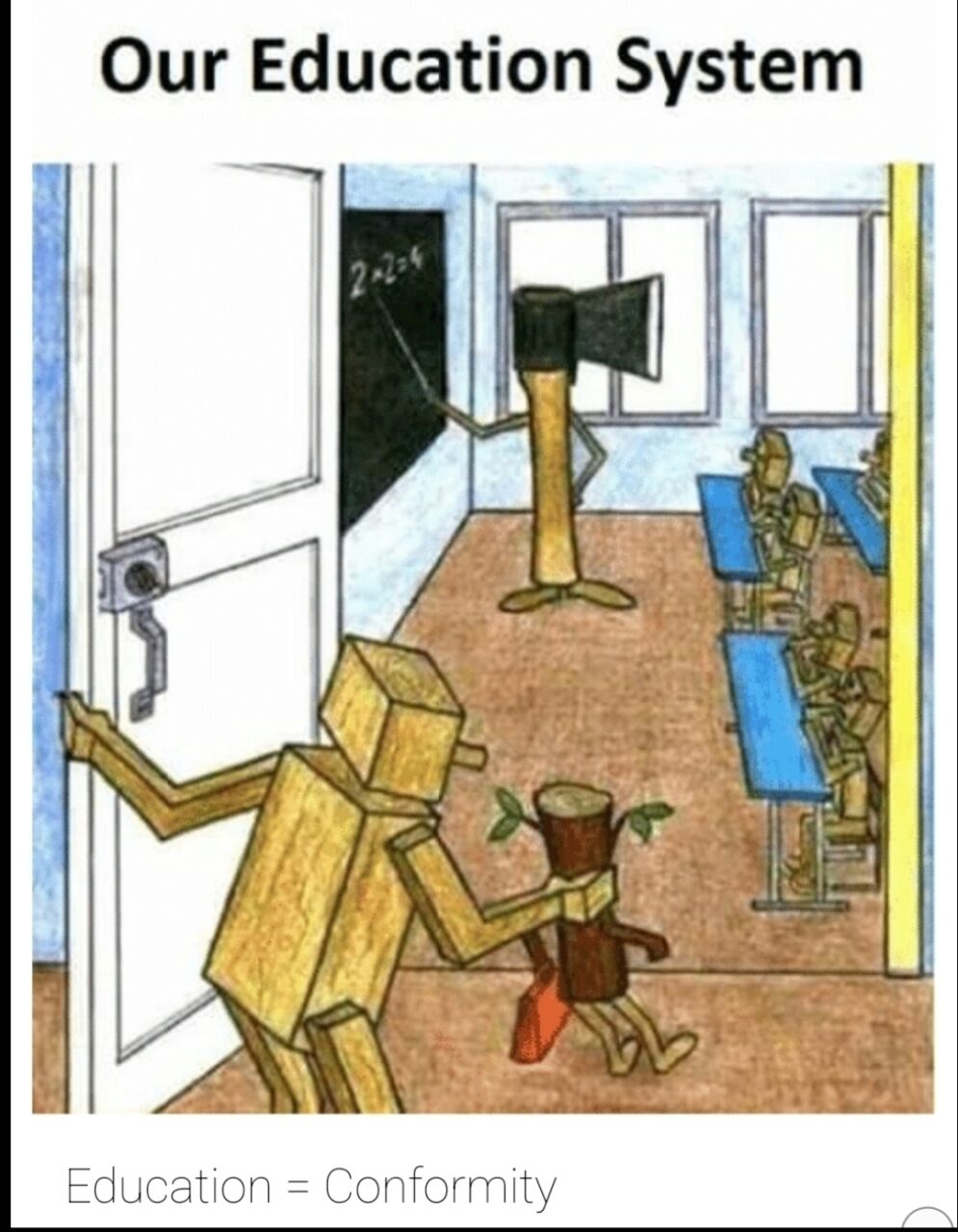
4. Cult of Personality:
- Glorification of Leaders: In some regimes, schools promote a cult of personality around the ruling leader. This involves teaching children to revere the leader as a near-mythical figure, often portraying them as infallible, benevolent, and essential to the nation’s well-being.
- Mandatory Celebrations: Schools may require participation in celebrations, ceremonies, or rituals that honor the leader or the state, reinforcing the idea that loyalty to the regime is paramount.
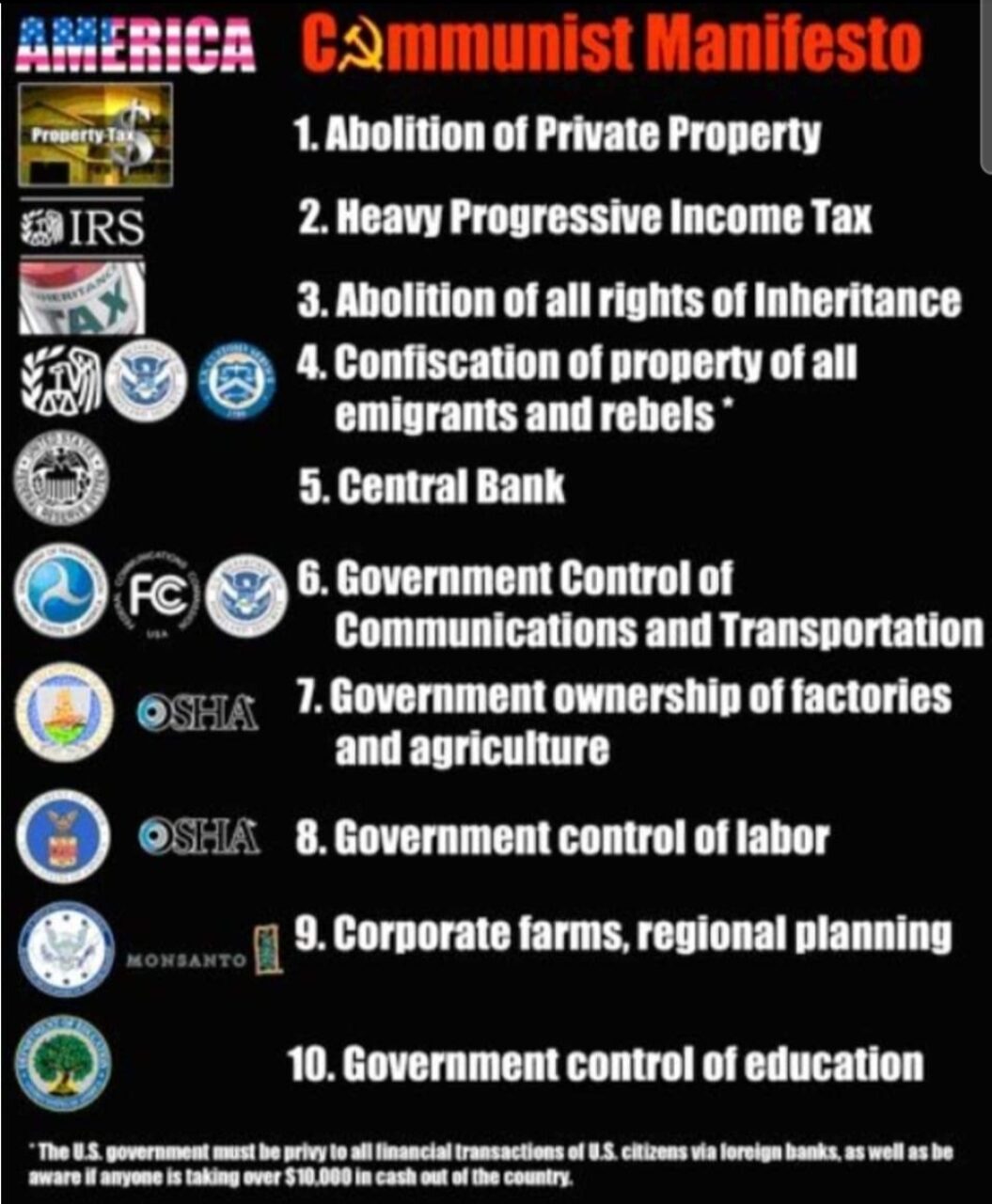
5. Surveillance and Reporting:
- Encouraging Students to Inform: Some authoritarian regimes encourage or even require students to report on their peers, teachers, or even family members who express dissenting opinions. This creates a climate of fear and distrust, discouraging any form of opposition or free thought.
- Teacher Compliance: Educators themselves are often subject to surveillance and must strictly adhere to the approved curriculum. Teachers who deviate from the state’s agenda can face punishment, making them enforcers of indoctrination rather than facilitators of learning.
6. Limiting Access to Alternative Information:
- Restricting Access to Books and Media: Schools may limit access to books, media, and the internet to prevent students from encountering ideas that contradict the state’s narrative. This can involve banning certain authors, controlling access to libraries, and monitoring students’ internet use.
- Isolating Students from Outside Influence: In extreme cases, regimes may isolate students from the outside world entirely, such as through boarding schools or compulsory youth organizations that keep them under constant state supervision.
7. Shaping Identity and Allegiance:
- Identity Formation: Through education, tyrants can shape the identity of the next generation (not the family, religion, or non-religion) to align with the state’s needs. This might involve promoting a specific national or ethnic identity while suppressing others or fostering a sense of collective identity that overrides individualism.
- Youth Organizations: Many authoritarian regimes establish youth organizations that operate alongside or within the school system. These organizations further indoctrinate young people by involving them in state-sponsored activities that reinforce the regime’s ideology.
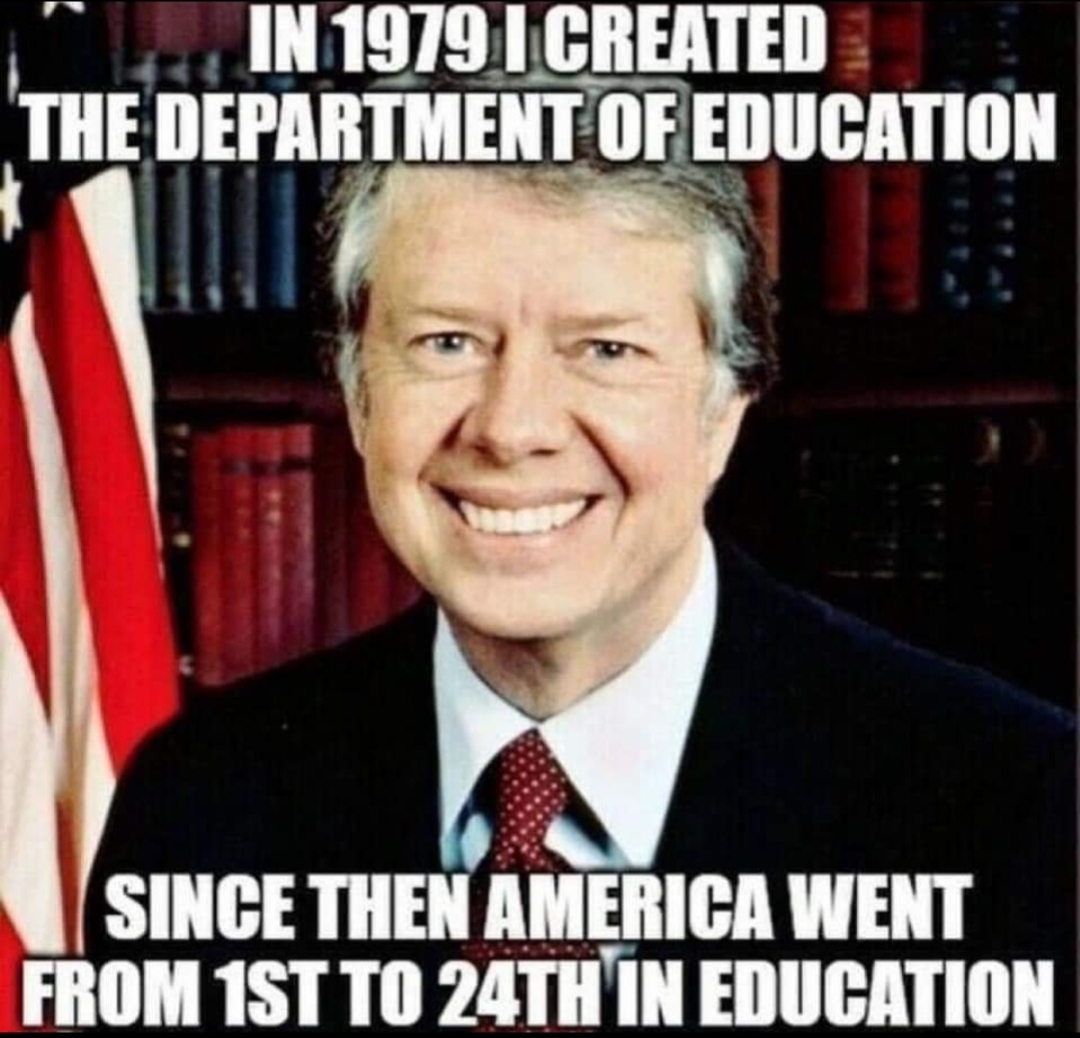
Tyrants use schools to indoctrinate the next generation, a powerful tool for maintaining and consolidating power. By controlling the education system, they can mold young minds to accept, support, and perpetuate the regime’s ideology, ensuring the continuation of their control over society. The long-term impact is a population that may lack the critical thinking skills, historical knowledge, and moral frameworks needed to challenge authoritarian rule, thereby securing the tyrant’s dominance for generations.


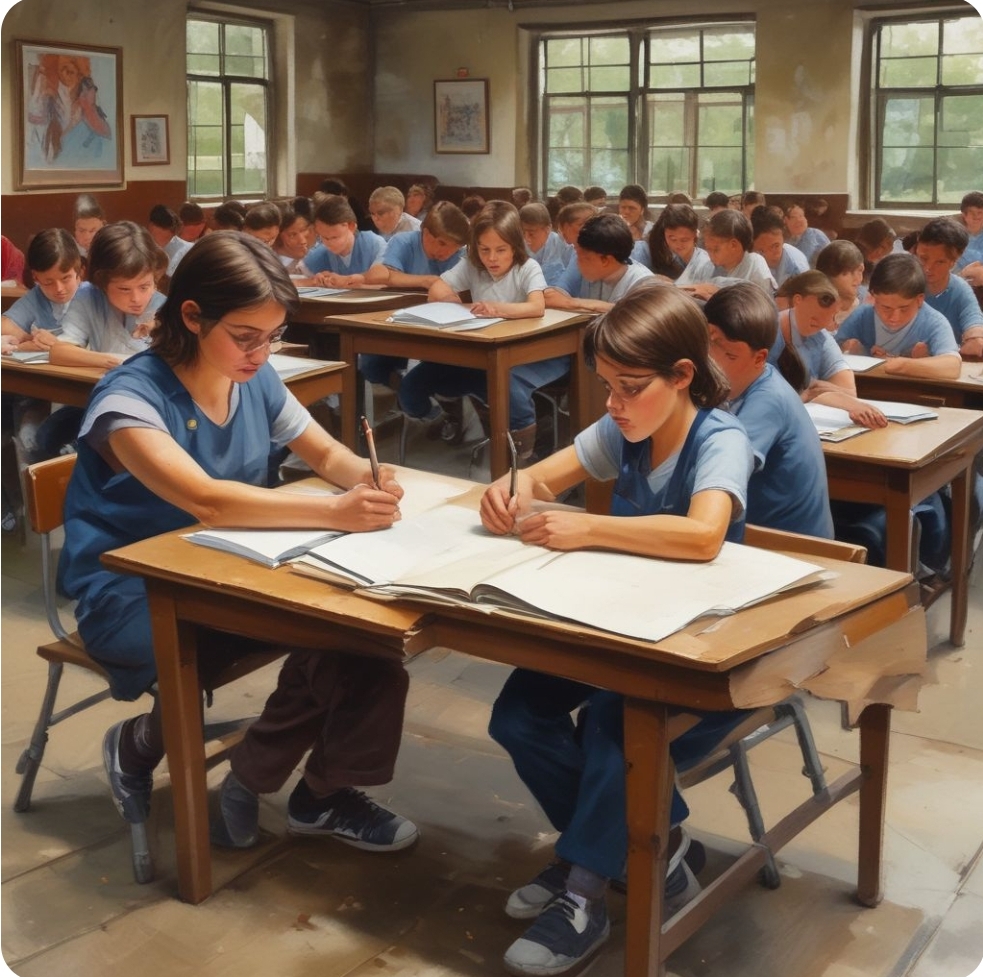





One Response
Excellent Article.